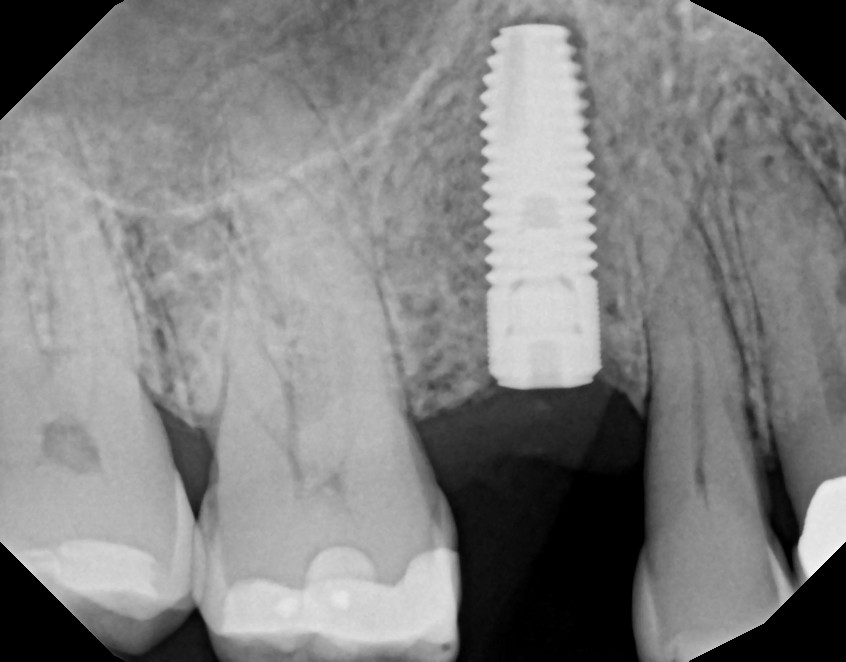Night guards can be a valuable tool for protecting your teeth from the harsh effects of grinding, clenching and even gum recession. With just a few simple steps that are easy to incorporate into your routine, you’ll be admiring your squeaky-clean retainer or night guard, and your mouth will be thanking you.

Daily Cleaning Routine
Once the stains have formed, they can be difficult or impossible to get rid of, so preventing them from happening in the first place is your best bet.
Did You Know: The yellow stains that begin showing on your night guard are due to the bacteria that naturally occur in your saliva.
Rinse It After Wearing It
Each time you wear your night guard, you should rinse it with cool or lukewarm water as soon as you remove it from your mouth. This step will remove debris and loosen any plaque stuck to the night guard. Avoid using hot water because it can warp the material.
Brush the Night Guard with your Toothbrush
After rinsing, give your night guard a light brushing with your regular toothbrush and water. Some people prefer using a separate toothbrush just for their night guard, but it’s okay if you want to use your regular toothbrush.
Note: You don’t need to apply toothpaste to the brush. Since toothpaste can be abrasive, it may scratch your night guard and cause it to wear out more quickly. Dish soap or Castile soap is an excellent non-abrasive daily cleanser for your guard if you want to cleanse with a separate toothbrush
Store your Nightguard in undiluted 3% Hydrogen Peroxide
When you are not wearing your night guard, it is important that you keep it stored in a cup or container with 3% hygdrogen peroxide. If a night guard is left out to dry then over time it can become brittle and crack.
Do I need to change the Hydrogen Peroxide solution every night?
No, you can change the Hydrogen peroxide solution, once a week. We recommend Sundays to keep it consistent and easy to remember.
Monthly Deep Clean your Night Guard
Make a habit of deep cleaning your night guard at least once a month. Deep cleaning can be done using vinegar and hydrogen peroxide. First, soak the night guard in distilled white vinegar (1 part white vinegar to 3 parts water) for at least 30 minutes. After soaking, rinse the night guard and the bowl with water. Then soak the night guard in your regular hydrogen peroxide/water mix.

Pro Tip: Don’t leave your night guard soaking in vinegar longer than one hour. Extended time in vinegar can damage the material your night guard is made out of. Also, don’t soak in any liquid containing alcohol – that includes Listerine.
Keep Your Case Clean
Cleaning your night guard can become a wasted effort if you put a clean night guard into a dirty case.
Keep the case clean by hand washing it every week prior to replacing your 3% hydrogen peroxide solution.
Avoid placing the case in the dishwasher as the high temperature may melt or warp the plastic. If you lose your case, you can always ask us for a new one at your exam or cleaning appointment.
How Long Should My Night Guard Last?
Night Guards will have varying durability depending on several factors. A night guard will have an average lifespan of 3-5 years, but with those who are severe bruxers, it can need replacement in just 1 year
Conclusion
Like your teeth, your mouth guard needs care and cleaning to keep it at its best. Incorporating these steps into your routine will go a long way toward keeping it fresh and clean and giving it the most life possible.







